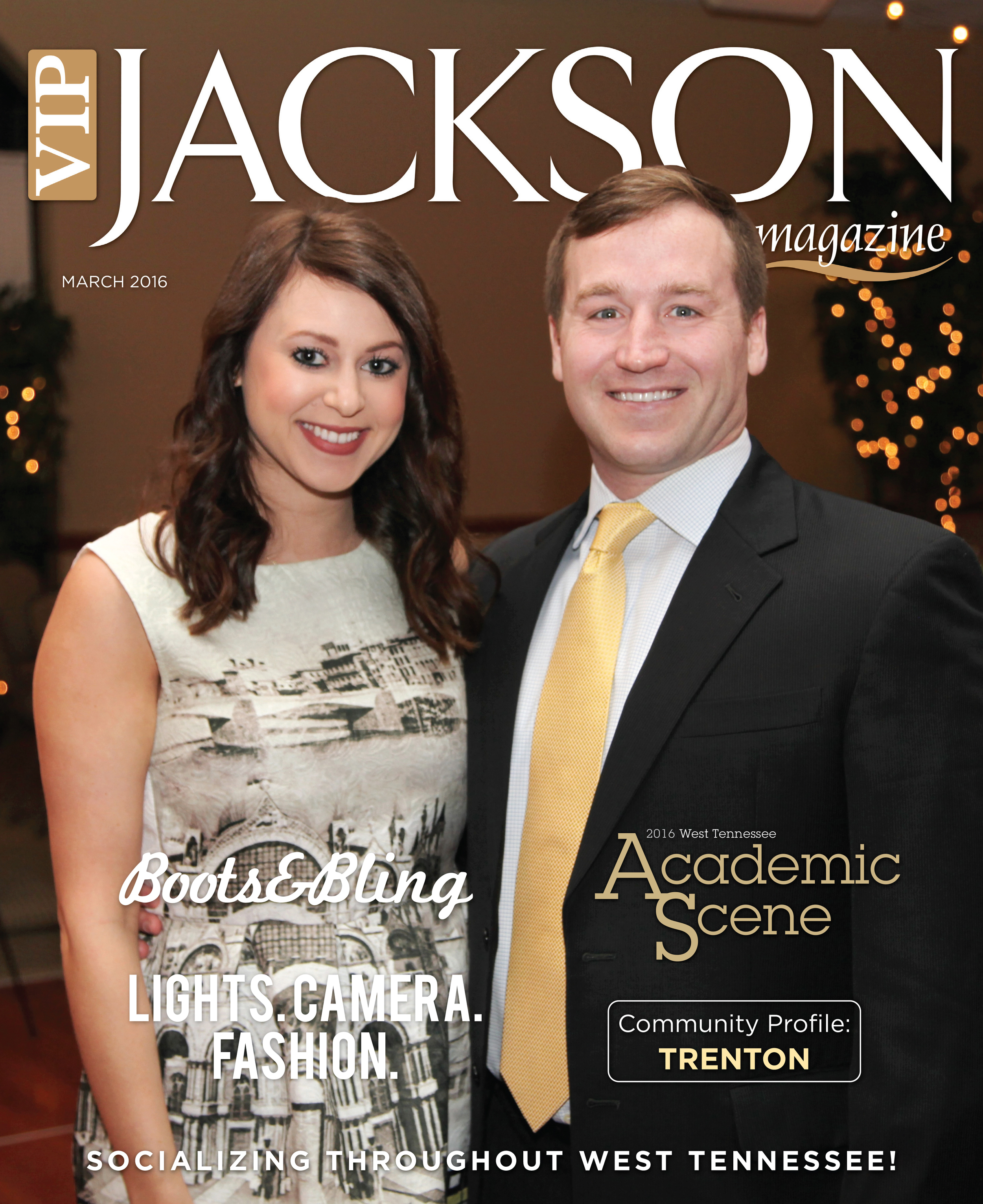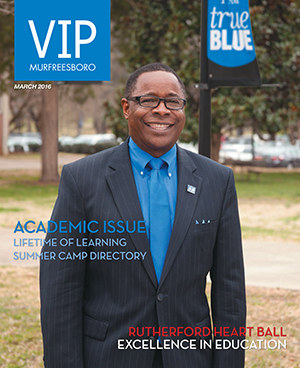A Conversation with Emily St. John Mandel
/Story by Lyda Kay Ferree, The Southern Lifestyles Lady. Photography courtesy of Dese’Rae L. Stage.
Emily St. John Mandel is the author of the critically acclaimed novel “Station Eleven,” a finalist for the 2014 National Book Award. Mandel is the author of three previous novels—“Last Night in Montreal,” “The Singer’s Gun,” and “The Lola Quartet”—all of which were Indie Next picks.
In her lecture, Mandel captivates audiences with stories about her early writing career and her thoughtful reflections on writing literary fiction with the strongest possible narrative drive. A poised speaker whose works continue to grow in scale and ambition, Mandel is popular with colleges and universities, literary festivals, and libraries.
“Station Eleven” is set in an eerie post-apocalyptic North America, twenty years after the initial collapse of civilization when culture was reshaping itself and defining a new norm. Sometimes terrifying, sometimes tender, “Station Eleven” tells a story about the relationships that sustain us, the ephemeral nature of fame, and the beauty of the world as we know it.
Emily St. John Mandel was born in British Columbia, Canada. She is a staff writer for “The Millions,” and her work has appeared in numerous anthologies including “The Best American Mystery Stories 2013” and “Venice Noir.” She lives in New York City with her husband.
St. John Mandel will be the featured speaker at the 7th annual Books of Madison County event on Thursday, August 24 at 6:00 p.m. at the Jackson Fairgrounds.
“We are proud to present the 7th annual Books of Madison County event featuring Emily St. John Mandel whose book is destined to be a classic. Proceeds from this event continue to provide much needed funding for the library.”
VIP: Your book is about a Shakespearean theater troupe traveling through a post-apocalyptic North America. Why did you add the end-of-the-world theme?
Emily St. John Mandel: I was initially going to set the book entirely in the present day, but I found that I also wanted to write about the extraordinary technological infrastructure that surrounds us. We live in a world where it’s possible to speak with someone on the far side of the world, for example, by means of a device that fits in our pockets; we call that device a phone, but it’s actually a supercomputer. This is only one of the technological marvels that surround us. It seemed to me that is an interesting way to consider the technology that surrounds us, and in so doing perhaps to think more deeply about the modern world in general, would be to contemplate its absence. So I decided to keep my original idea of a traveling theater company, but set it in a post-technological landscape.
VIP: What type of research did you do for your bestselling award-winning book? There are many story lines.
ESJM: I spent a lot of time reading about past pandemics, mostly the North American smallpox epidemic in the 1790s in order to get a better grasp of the mechanisms of mass contagion. I also spent some time on survivalist message boards to get a better understanding of the logistics of living completely off the grid. There are a lot of details that you wouldn’t necessarily think about like having to make your own soap. I also re-read some Shakespeare plays and spent some time reading about his life.
VIP: Explain the Traveling Symphony’s motto: Survival is insufficient. What is the source of this motto?
ESJM: It’s a quote from an episode of Star Trek: Voyager that first aired in September of 1999. It always struck me as an elegant expression of something that I believe to be true. As a species, we’re never satisfied with the basics of survival, with food, water, and shelter; we always want something more than that, which is why we have sports, music, literature, and all of those other things that make life more interesting.
VIP: What would you save in an apocalypse?
ESJM: A first-aid kit, a globe, and my photo album.
VIP: What was one of the most interesting facts you learned in your research? For example, in “Station Eleven” cell phones stop working almost immediately.
ESJM: I was surprised to learn that automobile gas goes stale after two or three years.
“So compelling, so fearlessly imagined, that I wouldn’t have put it down for anything!”
VIP: What was the greatest challenge in writing “Station Eleven,” which has a very complex plot?
ESJM: Same challenge as all my other books: self-doubt. The more ambitious the book is, the more you wonder as an author if you can really pull it off.
VIP: As you were writing about life after the apocalypse, did you develop a heightened appreciation for modern-day comforts?
ESJM: Yes, absolutely. It’s a fascinating and terrifying exercise to think of all the things one would lose following an apocalyptic event, and to realize how much we take those things for granted now: basic things like antibiotics, for instance.
VIP: What would you like the readers of your novel to learn? I read a review of your book in which you stated that you consider your novel to be “a love letter to the modern world.” Elaborate on this statement.
ESJM: Actually I didn’t write the book with a specific message in mind. The writer and critic Edmund Wilson once wrote that “no two readers ever read the same book,” and that’s always seemed true to me. I think that every reader takes away a slightly different set of impressions from any given book, and as a novelist, I wouldn’t want to try to impose a single lesson or impression on my readers. I feel that a given reader’s relationship with the book is none of my business.
VIP: I have heard that “Station Eleven” may be made into a movie. Is this true? If so, does this excite you?
ESJM: I’ve sold the screen rights option, so in theory it could be made into either a movie or a TV show. I feel too detached from the process to be specifically excited—I have a lot of friends who’ve sold screen rights for their novels and then no movie or TV show gets made—but I would be fascinated to see what a screen adaptation of the book might look like.
What to Know
The Books of Madison County Presents An Evening At Station Eleven With Emily St. John Mandel benefiting the Jackson-Madison County Library Foundation
Thursday, August 24, 2017 • 6 p.m.
Jackson Fairgrounds • 800 S. Highland Ave., Jackson, TN 38301
Tickets start at $75 and are on sale now at the Jackson-Madison County Library. Dinner catered by Elegant Events, silent auction, presentation, Q&A session by author and autograph signing of her book.
For more information call the Jackson-Madison County Library at 731.425.8600 or purchase your ticket at the library at 433 E. Lafayette Street.

















































